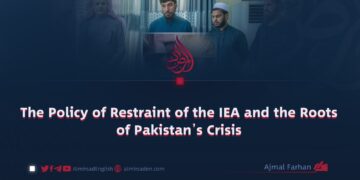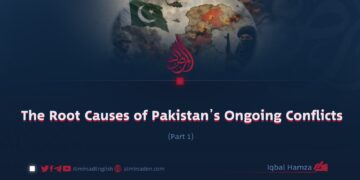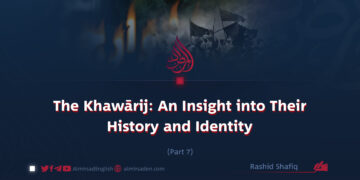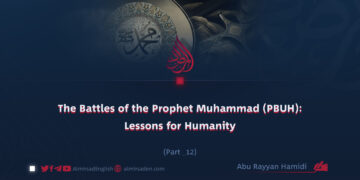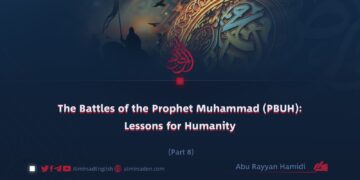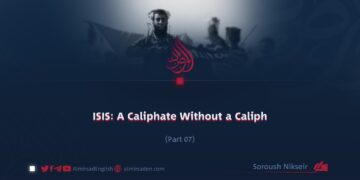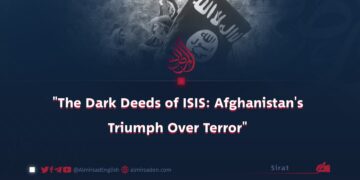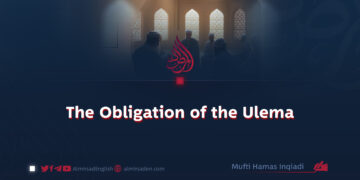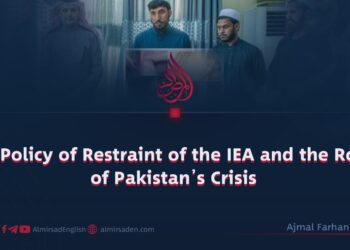Part 1
Written by: Junaid Zahid
In essence, it is unjustified to compare the proud system of the Islamic Emirate of Afghanistan to other ideological and militant groups. This system was established with a genuine religious and Islamic vision and has taken, and continues to take, deliberate steps towards sound governance and a well-structured administration.
As a citizen of Afghanistan, it is important to recognize that the Islamic Emirate’s system possesses commendable qualities and capabilities that every movement and group should consider as a model for their plans and national reforms.
The Islamic Emirate of Afghanistan has attracted global attention due to its interactions with its enemies and adversaries, particularly in its approach towards armed enemies who surrender—a stance that has amazed the world.
Conversely, the negative emergence of ISIS clearly demonstrates that this phenomenon only brings destruction and ruin. They harbor a negative view of humanity, whereas the Islamic Emirate has a vision focused on building and development. It upholds the dignity of individuals and recognizes the citizenship rights of those living under its rule, acknowledging their rights and showing them due respect.
For individuals who hold citizenship in this nation, their rights are formally recognized, and the Islamic Emirate promotes a moderate perspective that ensures social welfare and peaceful coexistence for all.
ISIS and those associated with its movement need to comprehend these principles and consider the governance model of Afghanistan’s Islamic Emirate as an example for themselves.
The first notable quality that sets the Islamic Emirate of Afghanistan apart from other Islamic and jihadi movements is a high level of tolerance and forbearance.
1. Tolerance
Tasāmuḥ (Tolerance) is derived from the words “Samaḥa” and “Samāhat,” which convey meanings of leniency, forgiveness, or generosity. In a societal context, tolerance means interacting with understanding, patience, and a broad heart.
Through its chosen conduct, the Islamic Emirate of Afghanistan has succeeded in establishing authority over Afghan territory and winning the hearts of its people.
Forgiveness and tolerance regarding certain issues are essential characteristics of governance. This important quality was present even in the early days of Islam and is documented in historical evidence.
A constructive viewpoint and forgiveness towards social errors can facilitate mutual engagement between the people and their leaders, fostering an atmosphere for peaceful coexistence, accelerating societal progress, and advancing the building of civilization.
The Islamic Emirate’s exemplary approach should be a guiding model for all groups operating in the same domain.













